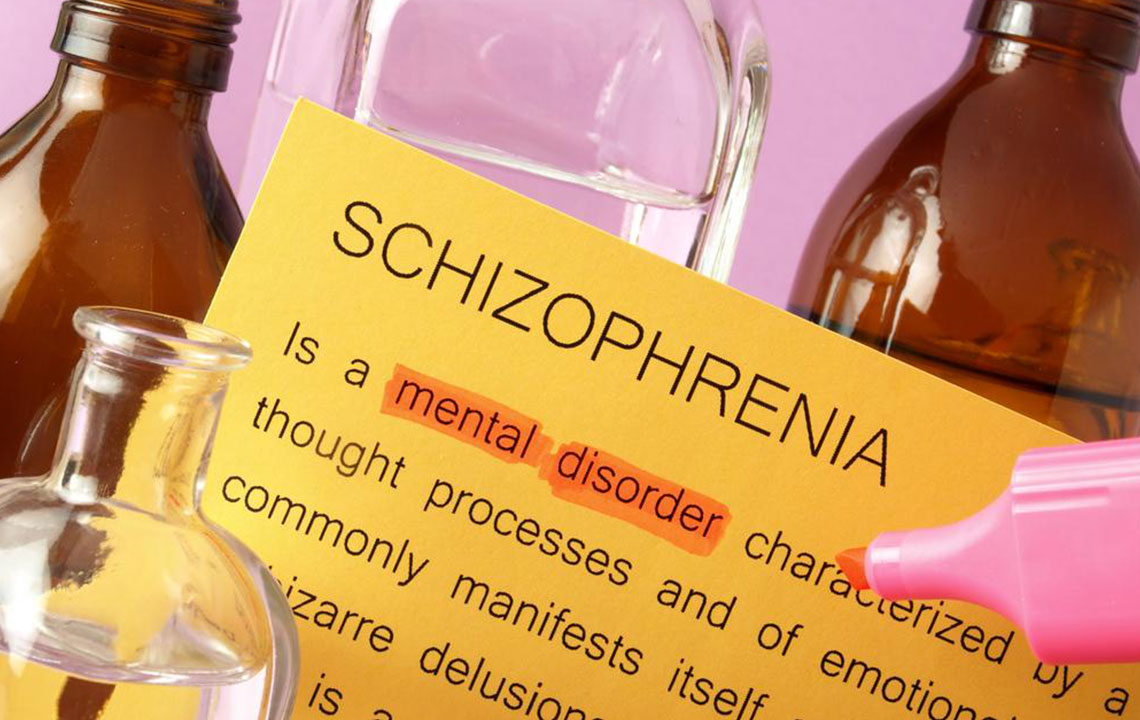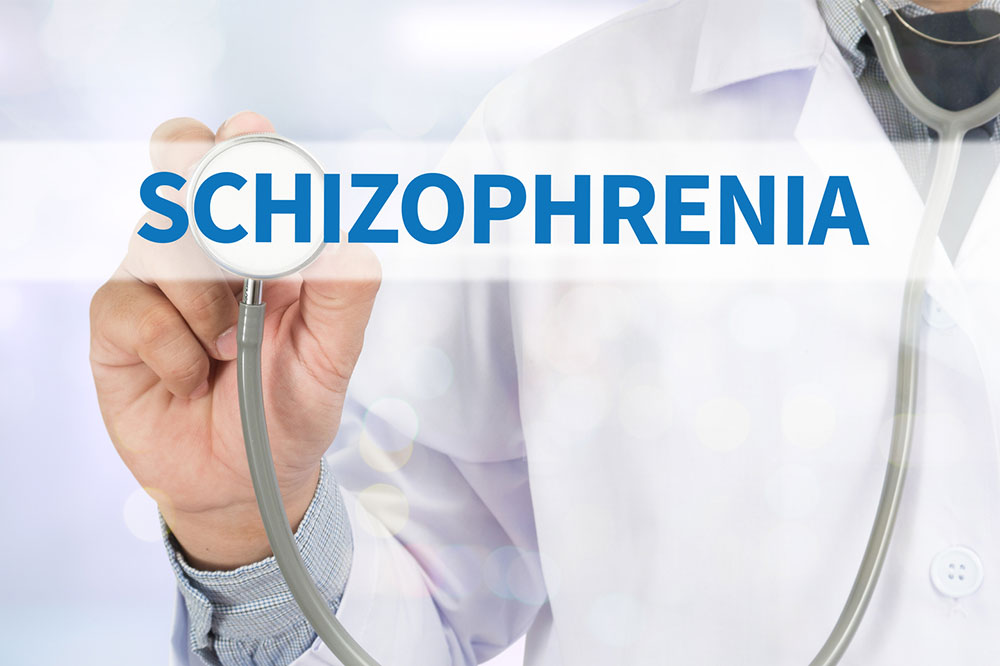Early Warning Signs and Detection of Schizophrenia: A Comprehensive Guide
This comprehensive guide explores the early warning signs of schizophrenia, highlighting symptoms like hallucinations, emotional blunting, and social withdrawal. Recognizing these signs early can facilitate prompt diagnosis and effective treatment, improving quality of life. The article emphasizes the importance of social support, timely intervention, and ongoing management strategies to help individuals live successfully with schizophrenia. Suitable for families, caregivers, and healthcare providers, this detailed overview aims to raise awareness and promote early detection of this complex mental health disorder.

Understanding the Early Indicators of Schizophrenia for Timely Intervention
Schizophrenia is a complex and chronic mental health disorder that affects millions worldwide. It profoundly impacts individuals and their families, often leading to significant challenges in daily living and social integration. Early detection of schizophrenia plays a vital role in managing the condition effectively, improving the quality of life for those affected. Recognizing the initial warning signs can lead to prompt medical help, appropriate treatment strategies, and supportive interventions that may slow disease progression and reduce the severity of symptoms.
Schizophrenia typically manifests during late adolescence or early adulthood, although it can sometimes appear earlier or later in life. Its onset is usually gradual, with early signs often mistaken for other issues like stress, fatigue, or mood disorders. Therefore, understanding and identifying these early symptoms is essential for caregivers, friends, teachers, and healthcare providers to facilitate early intervention.
Common Early Symptoms of Schizophrenia
Early signs of schizophrenia are varied and may present subtly, making detection challenging. Nonetheless, being aware of these indicators can help in initiating timely evaluations and interventions. Some of the most common early symptoms include:
Hallucinations: The experiencing of sensory perceptions without external stimuli. Visual, auditory, or olfactory hallucinations are prevalent, with patients often hearing voices that no one else can hear or seeing objects or people that aren’t present.
Emotional Blunting: A marked decrease in emotional expression or responsiveness. Individuals might appear indifferent or unresponsive to positive or negative news and show a reduced capacity to experience pleasure.
Changes in Personal Care: Deterioration in personal hygiene, grooming, and appearance, often unnoticed at first but increasingly apparent over time.
Paranoia or Suspiciousness: Persistent feelings of being watched, spied on, or conspired against. These feelings might lead to social withdrawal and social avoidance behaviors.
Decline in Academic or Occupational Performance: Noticeable drop in work or school performance, which family members or colleagues might observe before the individual recognizes their own difficulties.
Sleep Problems and Concentration Issues: Insomnia, hypersomnia, or disrupted sleep patterns, coupled with difficulty focusing or maintaining attention on tasks.
Additional Behavioral and Cognitive Indicators
Beyond the most common symptoms, there are other behavioral changes that could indicate the onset of schizophrenia. These include:
Personality Changes: Sudden shifts in mood, attitude, or social behavior that are inconsistent with the person’s usual demeanor.
Unusual Speech or Body Language: Disorganized speech patterns, echolalia, or speech that seems incoherent. Body language may also become peculiar or exaggerated.
Social Withdrawal: A tendency to isolate oneself from friends and family, avoiding social interactions and unfamiliar environments.
Bizarre Reactions: Overly intense or inappropriate reactions to everyday situations, which may seem irrational or disconnected from context.
Obsessive Focus on Religious or Occult Themes: An increased preoccupation with religious, mystical, or occult ideas that might seem excessive or irrational.
Challenges in Early Detection
While awareness of these early signs is critical, recognizing them in real-life scenarios can be challenging, especially amidst the fast-paced modern lifestyle where distractions are common. Many symptoms, such as paranoia or social withdrawal, can be mistaken for personality traits or reactions to stress. Additionally, cultural differences and individual variability further complicate early diagnosis.
Involving social networks and encouraging open communication can aid in early detection. For example, teachers, colleagues, friends, and family members should be alert to subtle changes and seek professional evaluation when necessary. Medical professionals may employ various diagnostic tools, including interviews, questionnaires, and neuroimaging, to confirm early signs and initiate treatment.
Importance of Prompt Intervention
Once the early signs are identified, seeking professional help promptly is crucial. Early treatment, often involving antipsychotic medications, psychotherapy, and holistic support, can significantly influence the course of the illness. Proper management may prevent escalation of symptoms and facilitate better social and occupational functioning.
Furthermore, psychoeducation and family support play critical roles in ongoing care. Educating families about the nature of the disorder, potential triggers, and coping strategies reduces stigma and enhances support systems. An integrated treatment approach that combines medication, psychotherapy, social skills training, and community support offers the best chance for individuals to live meaningful, productive lives despite their diagnosis.
Conclusion
Recognizing the early indicators of schizophrenia is a vital step towards effective management and improved outcomes for those affected. Despite the challenges in early detection, heightened awareness, attentive observation, and prompt medical evaluation can make a significant difference. As research advances, understanding these early signs will continue to improve, helping more individuals receive the care they need at the right time and supporting them to lead fulfilling lives despite their mental health challenges.





